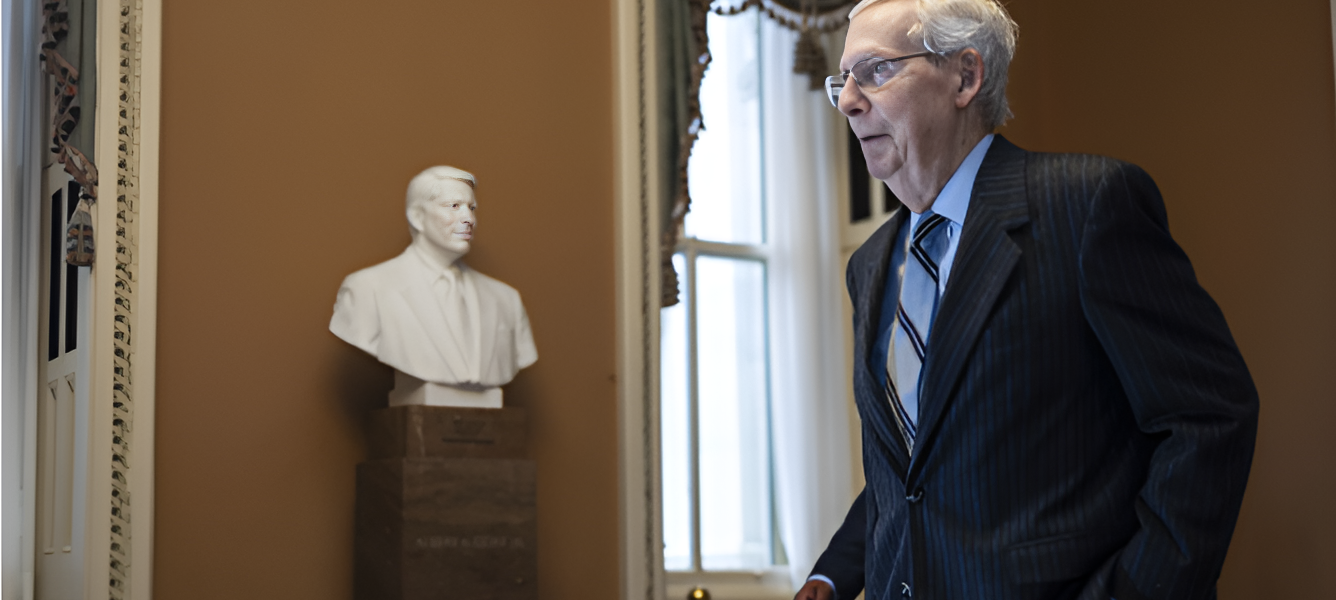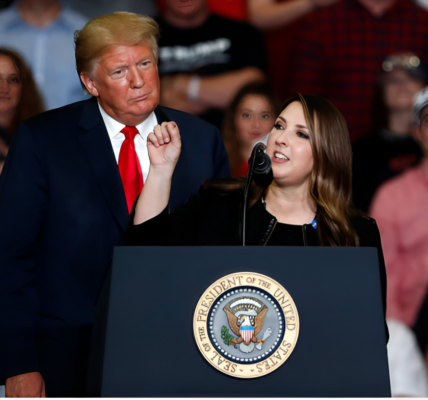
Mitch McConnell’s lasting legacy is embodied in the careers of three Supreme Court justices: Neil Gorsuch, Brett Kavanaugh, and Amy Coney Barrett. These appointments were the culmination of McConnell’s careful political maneuvering, strategic delays, and intense pressure on allies to reshape the federal judiciary. As these justices prepare to deliberate on pivotal cases, including whether former President Donald Trump should receive immunity for actions taken during his presidency, McConnell’s influence will be closely examined.
The coming decisions could define how these justices are perceived—will they be seen as partisan “Trump judges,” as the former president has boasted, or as independent jurists committed to conservative principles and judicial restraint, as McConnell has portrayed them? Their votes on controversial issues such as whether Trump can be removed from state ballots for supporting an insurrection, or whether state governments in Florida and Texas can force social media platforms to amplify Trump’s messages, will go a long way in answering this question.
The history of McConnell’s strategy in shaping the Supreme Court dates back to 2016, when he famously refused to hold hearings for President Obama’s nomination of Merrick Garland to fill the seat left vacant by Justice Antonin Scalia. McConnell argued that the next president should make the selection, given the upcoming election. This move was part of a larger political calculation to ensure that Republicans could appoint a more conservative justice once the White House changed hands.
While many conservatives were skeptical of Trump’s candidacy, McConnell negotiated a deal with the future president, ensuring that Trump’s judicial appointments would come from a list curated by conservative organizations like the Federalist Society. This agreement promised that Trump would appoint conservative-minded justices, particularly those who might overturn landmark decisions like Roe v. Wade. As a result, Trump nominated Gorsuch, Kavanaugh, and Barrett, all of whom are now firmly cemented in the Supreme Court’s 6-3 conservative majority.
McConnell’s actions in 2020 further solidified this conservative grip on the Court. After the sudden death of Justice Ruth Bader Ginsburg just weeks before the presidential election, McConnell pushed forward the confirmation of Barrett, ensuring that Trump could appoint a third justice in his single term. This rapid confirmation in the face of election uncertainty was a move that seemed to guarantee conservative dominance on the Court for a generation.
In 2022, the Court’s decision to overturn Roe v. Wade was a direct result of McConnell’s strategy, and it cemented his legacy as the architect of a more conservative judiciary. However, the path of this conservatism may not align entirely with McConnell’s expectations. Since the ruling, the conservative movement on the Court has taken more activist positions, challenging the interpretation of laws in ways that could lead to significant societal shifts, particularly in areas like reproductive rights and individual liberties.
For McConnell, whose office is adorned with symbols of his long tenure as a legislative leader, the upcoming decisions on Trump’s legal challenges will be crucial. They will shape how his legacy is viewed—whether he is remembered as a partisan strategist or a statesman who reshaped the judiciary for future generations.
As Gorsuch, Kavanaugh, and Barrett continue to serve on the nation’s highest court, the final chapters of McConnell’s judicial revolution are still being written. The outcome of their decisions on cases involving Trump and other major political issues will determine if McConnell’s vision of judicial conservatism is realized or if the Court takes a path that surprises even its most ardent advocates.
In this ongoing saga, McConnell’s influence, and the legacy of the justices he helped appoint, will be scrutinized as never before.





